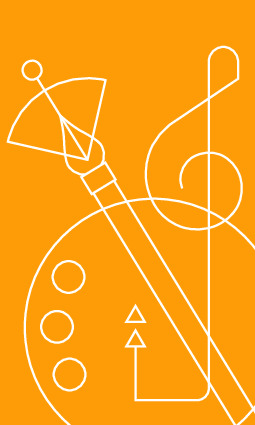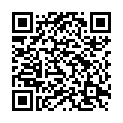|
|
|
| Module code: MAKM-316 |
|
|
4S (4 hours per week) |
|
6 |
| Semester: 3 |
| Mandatory course: no |
Language of instruction:
German |
Assessment:
Written exam
[updated 24.09.2020]
|
Exam recurrence:
The information regarding exam recurrence is found within the exam policy of the study programme (ASPO).
|
MAKM-316 (P430-0038) Cultural Management, Master, ASPO 01.04.2020
, semester 3, optional course
|
60 class hours (= 45 clock hours) over a 15-week period.
The total student study time is 180 hours (equivalent to 6 ECTS credits).
There are therefore 135 hours available for class preparation and follow-up work and exam preparation.
|
Recommended prerequisites (modules):
None.
|
Recommended as prerequisite for:
|
Module coordinator:
Prof. Dr. Michael Dartsch |
Lecturer:
Prof. Dr. Michael Dartsch
[updated 23.05.2025]
|
Learning outcomes:
After successfully completing this module, students will:
_ be able to assess the prerequisites and determinants of music learning in their significance for cultural education,
_ be able to justify didactic-methodical decisions with reference to specialist knowledge,
_ be able to justify didactic-methodical decisions with reference to specialist knowledge,
_ be able to assess the importance of theoretical and general didactic concepts for teaching and learning, as well as for cultural education,
_ be able to classify epistemological positions and discuss them critically,
_ be able to use the basic skills of scientific learning for their own learning processes.
[updated 24.09.2020]
|
Module content:
_ Prerequisites and determinants of music learning
_ Theoretical and general didactic concepts for teaching and learning
_ Instrumental or vocal-didactic action
_ Criteria for planning and carrying out teaching in music pedagogical practice
_ Methods of scientific learning
_ Epistemological considerations
[updated 24.09.2020]
|
Teaching methods/Media:
_ Seminar
_ Group work
_ Discussions
[updated 24.09.2020]
|
Recommended or required reading:
Literature examples:
_ Dartsch, M.: Musik lernen _ Musik unterrichten. Eine Einführung in die Musikpädagogik. Wiesbaden, Leipzig, Paris 2014
_ Dartsch, M.: Mensch, Musik und Bildung. Grundlagen einer Didaktik der Musikalischen Früherziehung. Wiesbaden, Leipzig, Paris 2010
_ Eberhard, Kurt: Einführung in die Erkenntnis- und Wissenschaftstheorie. Geschichte und Praxis der konkurrierenden Erkenntniswege. Stuttgart, Berlin, Köln, Mainz 1987
_ Joerger, K.: Einführung in die Lernpsychologie. Freiburg im Breisgau 198712
_ Kochinka, A.; Werbik, H.: Logische Propädeutik und Wissenschaftstheorie. In: Straub, J.; Kempf, W.; Werbik, H. (Hrsg.): Psychologie. Eine Einführung. Grundlagen, Methoden, Perspektiven. München 1997, pp. 42-67
_ Kron, F. W.: Wissenschaftstheorie für Pädagogen. München, Basel 1999
_ Plöger, W.: Grundkurs Wissenschaftstheorie für Pädagogen. Paderborn 2003
[updated 24.09.2020]
|


